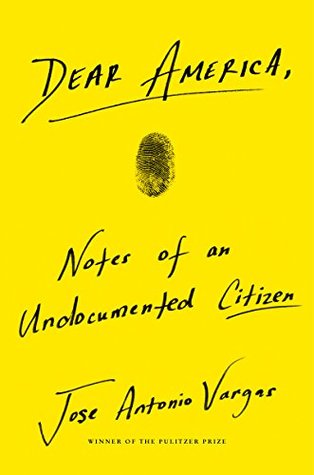More on this book
Community
Kindle Notes & Highlights
Read between
November 25 - November 26, 2024
While the 1965 Immigration and Nationality Act benefited Asian immigrants, it put Latinos at a disadvantage. Before 1965, immigration from Mexico and other Latin American countries was largely unrestricted, and there was a government guest worker system called the bracero program that permitted millions of Mexican nationals to work in the U.S. The dissolution of the bracero program and the enactment of the 1965 immigration law created an “illegal immigrant” problem where there had been none.
White as the default, white as the center, white as the norm, is the central part of the master narrative. The centrality of whiteness—how it constructed white versus black, legal versus illegal—hurts not only people of color who aren’t white but also white people who can’t carry the burden of what they’ve constructed.
“You have to decide who you are, and force the world to deal with you, not its idea of you.”
Annually, undocumented workers pay $12 billion to the Social Security Trust Fund.
Our country’s mainstream news organizations often fail to report basic facts about how much undocumented workers pay into a government that vilifies us. Whether because of ignorance or indifference, or both, failure to report these facts and provide context has perpetuated the myth of the “illegal” who is taxing social services and taking away from “real Americans.”
If Trump could spark his political career by questioning the citizenship of a sitting American president, who happened to be the country’s first African American commander-in-chief, then of course he would question anyone’s citizenship. When it comes to immigration and the question of who is welcome here, Trump is the culmination of a festering bipartisan mess and a numbingly complicit public. When will we connect the dots? When will we fully face what’s in front of us? Who gets to exercise their rights as U.S. citizens, and why?
The difference, however, is that when white people move, then and now, it’s seen as courageous and necessary, celebrated in history books. Yet when people of color move, legally or illegally, the migration itself is subjected to question of legality. Is it a crime? Will they assimilate? When will they stop?
I don’t identify as a liberal or a conservative. In my mind, progress—being progressive—should not be limited by politics, and certainly not dictated by one party.


